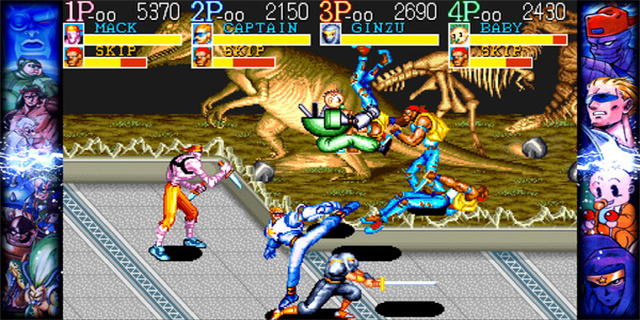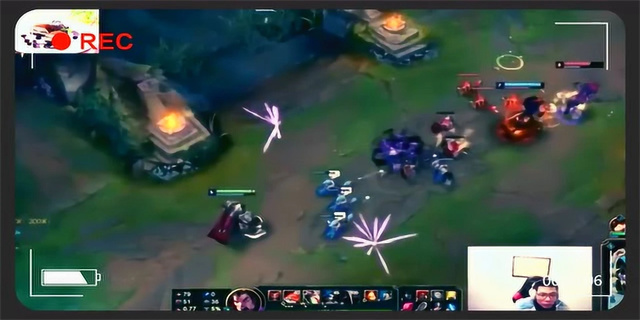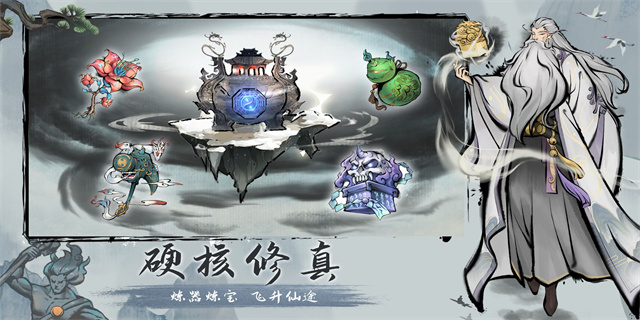Instant Karma: An Eye for an Eye?
The Power of Instant Karma
In our fast-paced world, we often find ourselves craving instant results. Whether it's the need for immediate gratification or the desire for justice to be served swiftly, the concept of \"instant karma\" has gained popularity. Instant karma refers to the idea that actions have immediate consequences, either positive or negative. This concept has been ingrained in various cultures and religions for centuries, promoting the belief that what goes around comes around. In this article, we will explore the power of instant karma and its implications in our daily lives.

The Law of Cause and Effect
The concept of instant karma can be aligned with the law of cause and effect, which states that every action has a corresponding reaction. This universal law suggests that our actions, whether good or bad, have consequences that we cannot escape. When we engage in positive or negative actions, the energy we release creates a ripple effect that eventually boomerangs back to us. The notion of instant karma serves as a reminder that we are accountable for our choices and behaviors, and that they will inevitably influence our lives.

Instant Karma in Practice
While the concept of instant karma may sound like a mystical or spiritual belief, examples of its occurrence can be found in our daily lives. Consider a situation where someone cuts in line at a grocery store. Instant karma may manifest as the person subsequently experiencing a chain of unfortunate events, such as dropping groceries or missing their bus. Conversely, a person who kindly offers their seat to an elderly individual on a crowded train may experience instant karma in the form of receiving a job offer or finding an unexpected bonus in their paycheck. Although these instances may seem coincidental, they serve as reminders that our actions have consequences, both immediately and in the long run.
Contemplating the Implications
Instant karma raises various questions regarding morality, justice, and the human psyche. On one hand, the idea of instant consequences can provide a sense of satisfaction when witnessing someone receiving their just deserts. It can serve as a deterrent for engaging in harmful behavior, knowing that the repercussions will be immediate. On the other hand, instant karma does not always guarantee fairness or proportionality in judgment. The instant consequences of an action may not align with societal notions of what is considered just. It raises the question of whether a person's intent or the outcome of their actions should be the determining factor in the judgment of instant karma.
Conclusion
Instant karma, the belief that actions have immediate consequences, has captivated our attention and stirred our curiosity. Whether we view it as a cosmic force or simply as the result of cause and effect, instant karma challenges us to reflect on our actions and the impact they have on our lives and the lives of others. It reminds us that we are not immune to the consequences of our behaviors and encourages us to strive for kindness, compassion, and ethical choices. As we navigate through the intricacies of life, the concept of instant karma serves as a poignant reminder that our actions possess the power to shape our destiny.




























